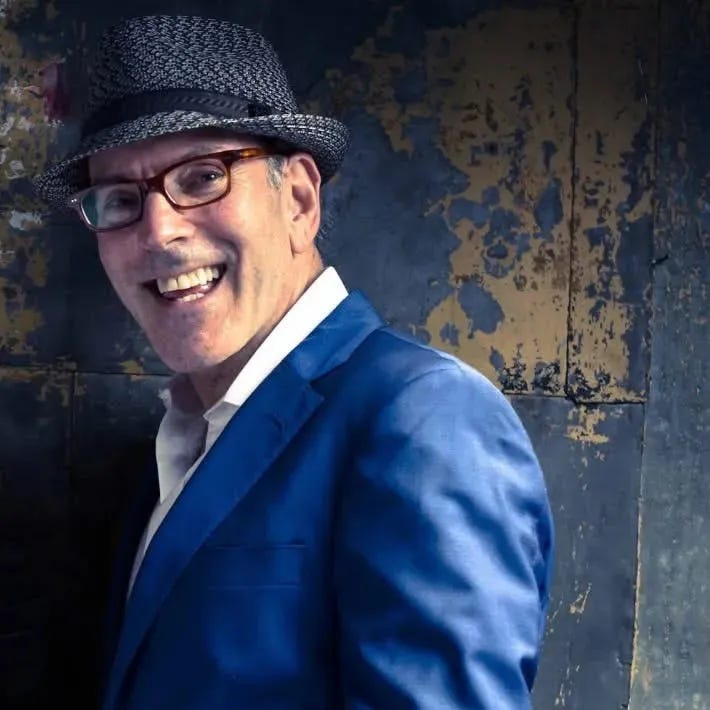Ricky Ian Gordon on Memory, Mourning, and Music
Ricky Ian Gordon on Composing Through Collapse - from Trumpism to Tornadoes
When I sat down with composer Ricky Ian Gordon in St. Louis over Zoom this spring, I didn’t expect our conversation to detour through a tornado, a lament for print music, and a searing indictment of America’s cultural priorities.
But Gordon, a towering figure in contemporary opera, has a gift for finding poetry in devastation. I was introduced to Gordon by Audible founder Donald Katz’s amazing book, Home Fires. It’s one of the best books I’ve ever heard. It’s the story of Gordon’s family, growing up, on Long Island, where I also grew up.
The day after his birthday, May 16, a tornado ripped through St. Louis.
Gordon had just wrapped a rehearsal.
"They ran in and said, “Put your instruments down! Run downstairs!" he told me. "Kevin, my partner, and my dog, were at the hotel. And it was bad… No power anywhere. The poor park was ripped to shreds."
That moment, absurd and terrifying, became an entry point into a deeper conversation about the state of opera, art, and memory in 2025 and what i…
Keep reading with a 7-day free trial
Subscribe to LP Blueprint to keep reading this post and get 7 days of free access to the full post archives.


